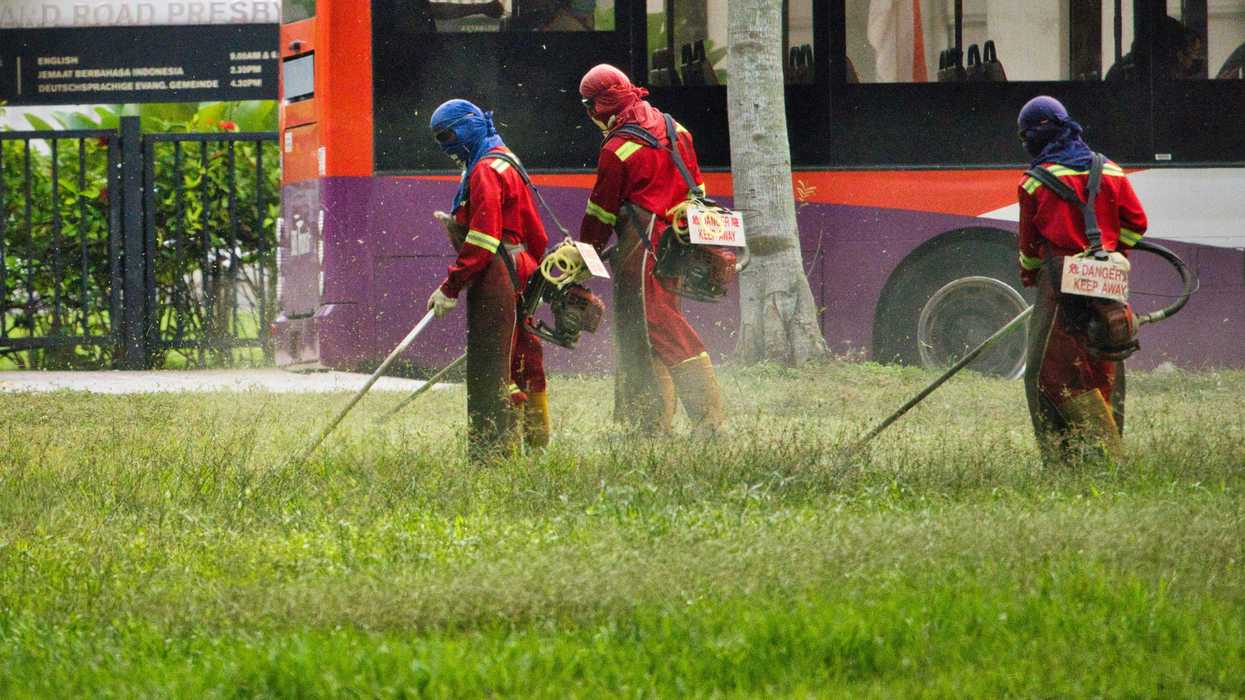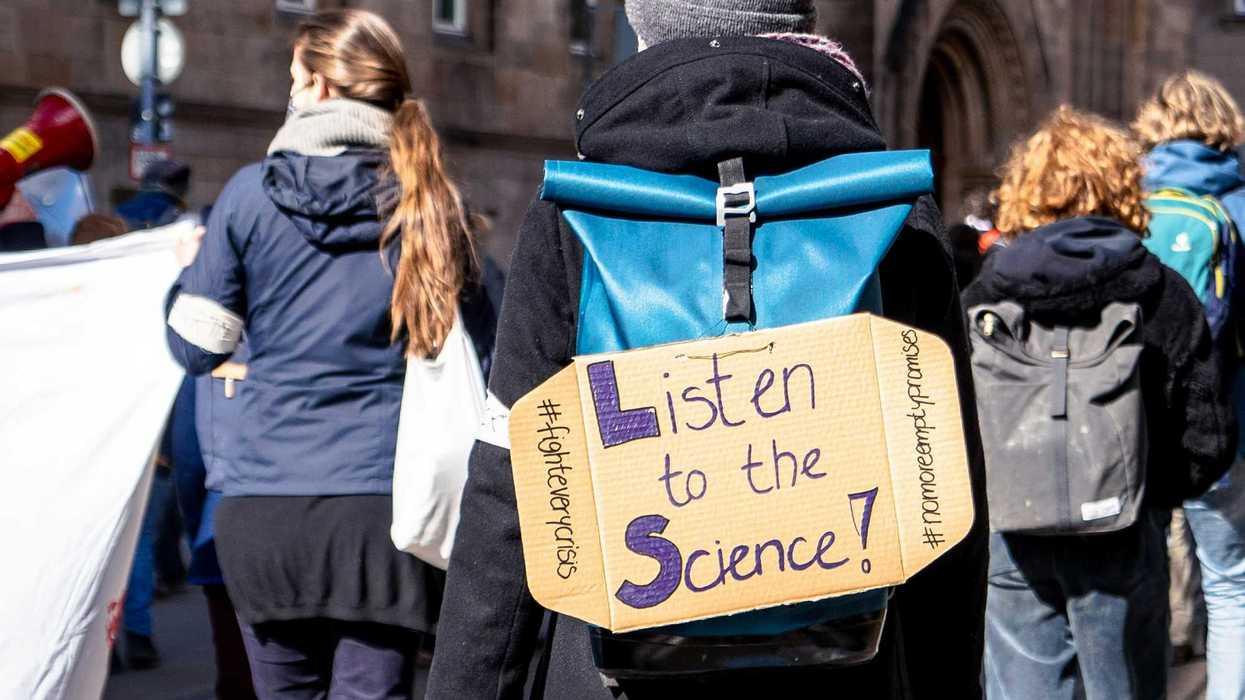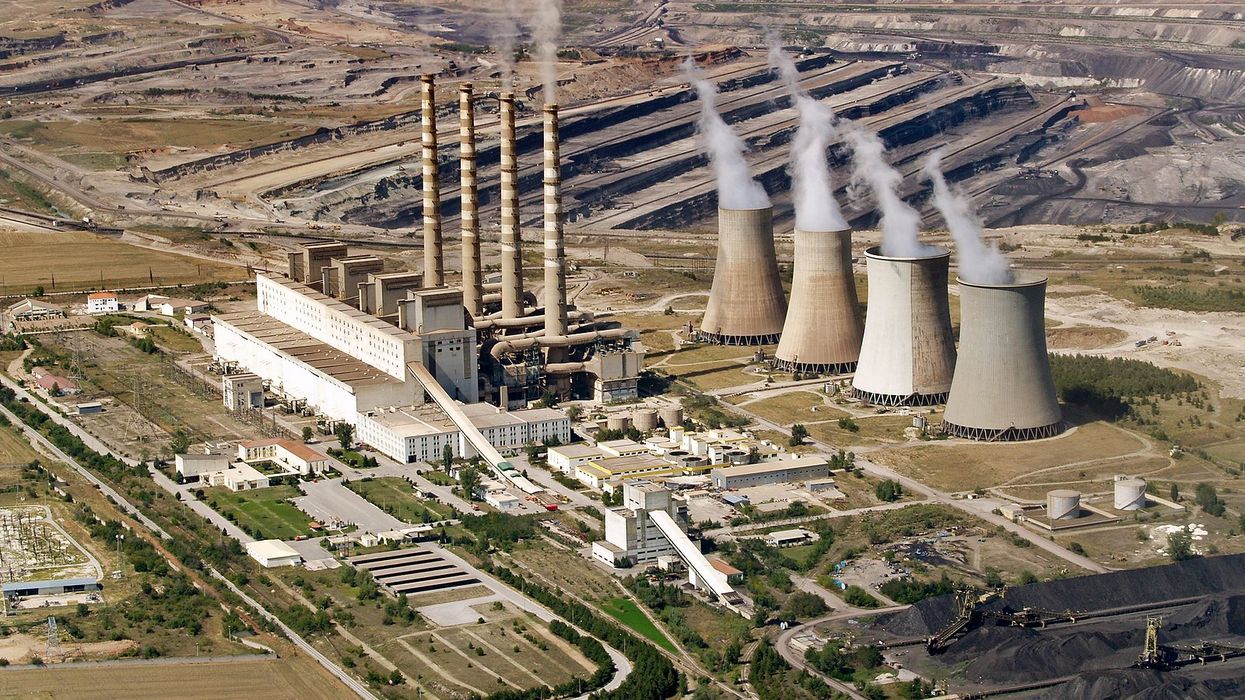Morgan Lee reports for the Associated Press that the U.S. Senate has endorsed a major expansion of a compensation program for people sickened by exposure to radiation during nuclear weapons testing and the mining of uranium during the Cold War.
In a nutshell:
The proposed changes to the Radiation Exposure Compensation Act would extend healthcare coverage and compensation to new regions, including Guam and the New Mexico site of the first atomic bomb test. The move comes as the hit film "Oppenheimer" draws attention to the long-standing efforts to compensate families exposed to nuclear fallout and suffering related illnesses.
Key quote:
“The Navajo Nation has borne the brunt of America’s nuclear program, the cost of which can be measured in human lives, environmental devastation, and communities that are still suffering,” President Buu Nygren of the Navajo Nation said in a statement. “We will not stand by and allow this legacy to be forgotten or dismissed.”
The big picture:
Exposure to radiation from nuclear weapons testing and uranium mining has been linked to various cancers and other serious illnesses. Compensating victims of such exposure can help ease the financial burden of medical costs and provide some measure of justice for those whose lives have been affected by the consequences of nuclear activities. In addition, compensation initiatives draw attention to the ongoing efforts to address the lasting effects of radiation exposure and advocate for better safety measures and regulations in nuclear industries.
Read more at the Associated Press.
What role does racism and zip code play in an individual's health and well being? Read our explainer on environmental justice.














